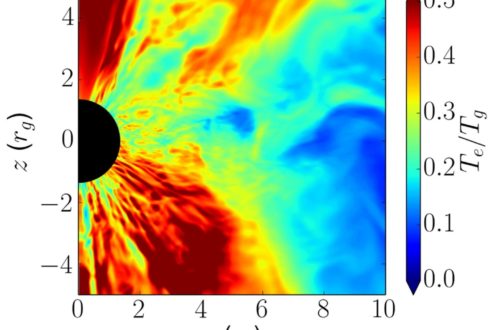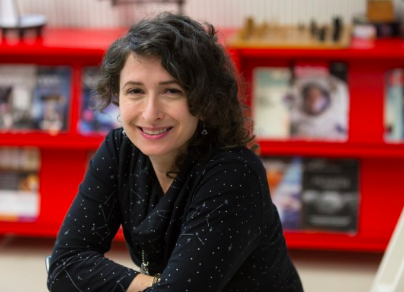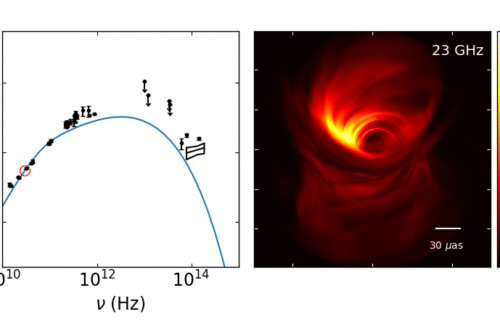You know you are a theorist when you find yourself solving problems that were “left as an exercise for the reader”. You might even know you are a theorist when your default hypothesis for a weird astrophysical phenomenon isn’t just “because of magnetism”. I have not been able to relate to these statements until this year — better late than never! Originally a student whose work was based on observational astronomy, I was introduced to theoretical astrophysics in 2019 when I visited the Jetset group to work on a winter project. I worked with Dr Thomas Russell and Prof. Sera Markoff in collaboration with other members of the group to model the multi-wavelength spectrum of an X-ray binary MAXI J1535-571. I am really excited to return to the group as Sera’s PhD student this fall, and focus on modelling black hole accretion using the Event Horizon Telescope and multi-wavelength observations.
Until then, I am finalising my Masters thesis at the University of Cape Town, South Africa. I have been working with MeerKAT data to construct the velocity function of the MIGHTEE-HI survey — the very first velocity function created from radio interferometric data! Velocity functions describe the abundance of galaxies as a function of their rotational velocities, and are a fundamental link between dark matter and visible matter. They are especially useful for testing cosmological models based on dark matter and dark energy that describe the formation and evolution of structure in the universe.
The project has involved a number of simulation studies to better understand the HI profiles used for the analysis, particularly with MultiNest. I hope that these skills can not only be beneficial for studies on black hole accretion, but also for the group as we collaborate over the next few years!



